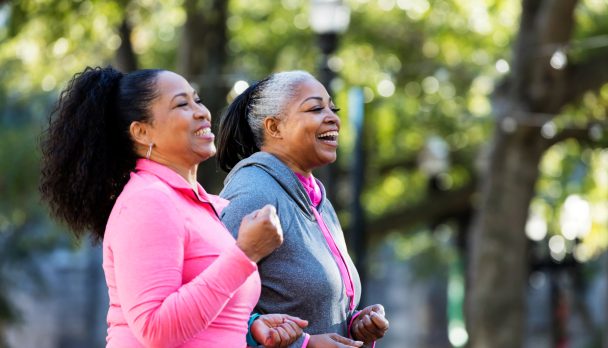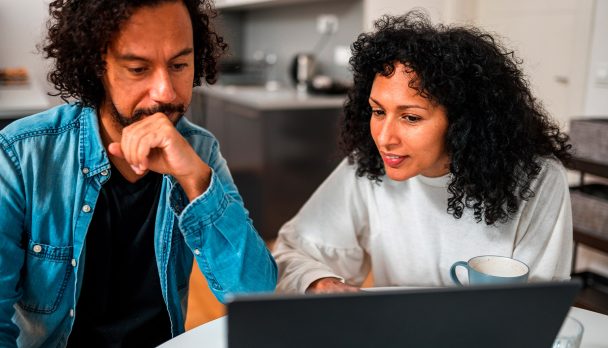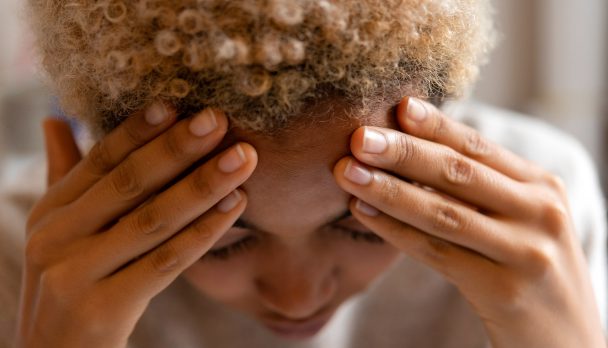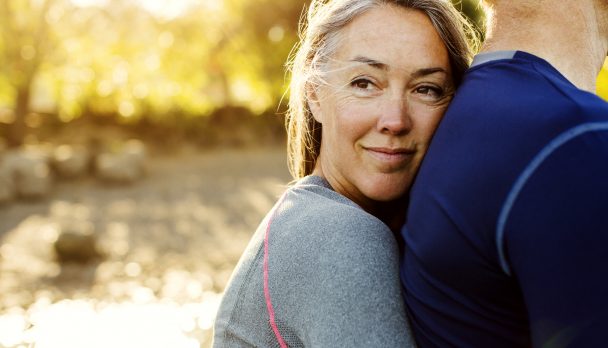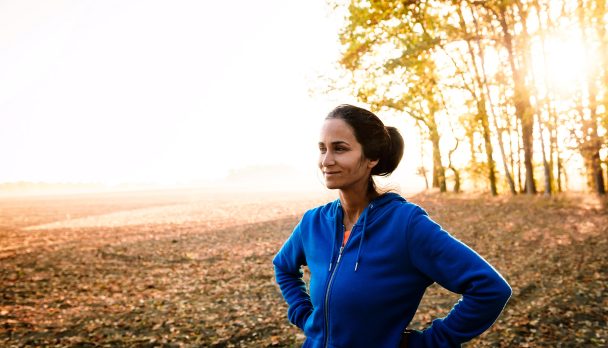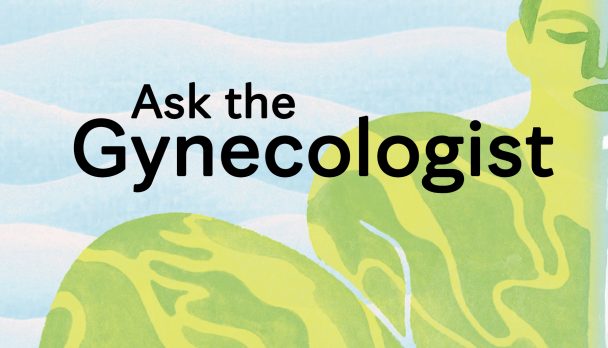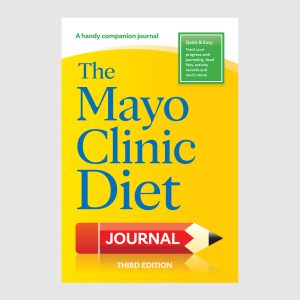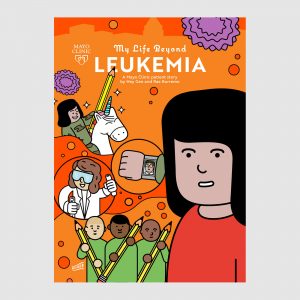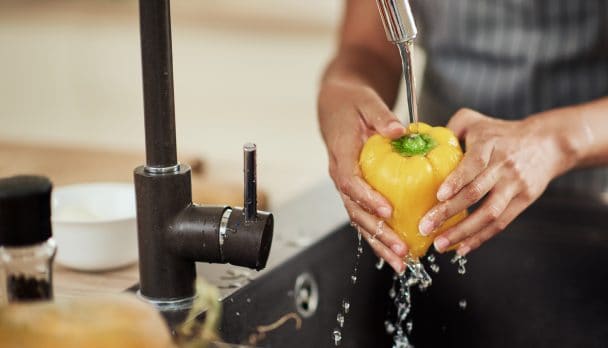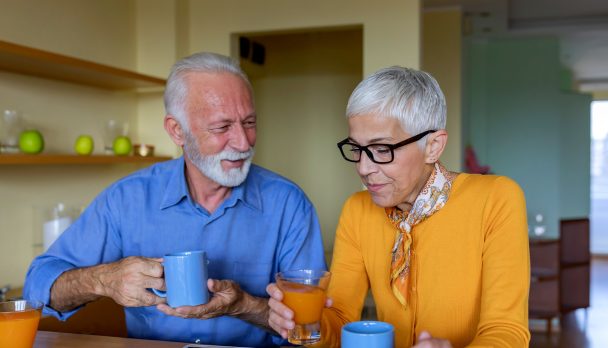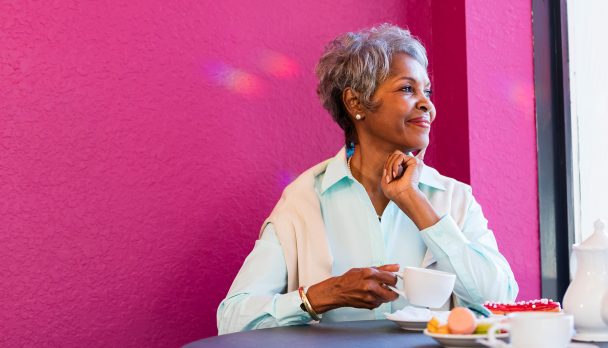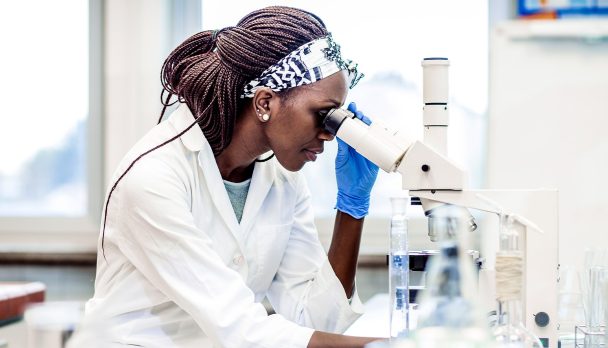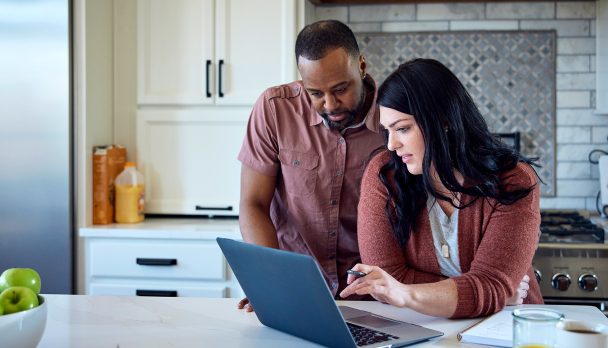
Sometimes the hardest part about a medical procedure isn’t the appointment itself. It’s finding a ride home afterward.
Some procedures, like colonoscopies or cataract surgeries, require you to have a responsible adult to drive you home when it’s over. That’s because anesthesia may make you too groggy to drive. For some surgeries, you may need to have help at home for the first 24 hours.
But asking for that favor can be tough.
Not everyone has a close support system. Even if you have friends and family, you may not have someone who can take the time to help you. Often, you won’t know what time your procedure will be until a day or two before. And some clinics require your escort to wait during the procedure, which can take hours.
But your health is important — and you shouldn’t skip appointments or screenings that your healthcare team recommends. Instead, here’s what you can do if you need an escort home after a procedure.
Be honest. Thinking you can just call an Uber and pretend the driver’s a friend? Think again — your clinic will likely cancel your appointment if you arrive without the name and number of a responsible adult who can pick you up.
Taxis or ride shares aren’t recommended after anesthesia because they drop you off outside your home. You should have someone who is able to bring you to your door to ensure that you get in safely.
Ask your clinic for help. Be upfront if you need to schedule a procedure but don’t have someone to pick you up. Some clinics may be able to refer you to a medical transportation company or a shuttle service. In most cases you will need to pay for this service.
Request a different anesthesia. Depending on the procedure, your healthcare team may be able to offer local anesthesia instead of sedation, which wouldn’t affect your ability to drive. For example, some biopsies may be done by numbing that area of your body, instead of putting you to sleep.
Or you may ask if there are other options for the procedure itself. People with no personal or family history of colon cancer may be able to have their annual cancer screening at home with a stool DNA test like Cologuard. Keep in mind that if your results are positive, you’ll still need to come in for a colonoscopy.
Find a local volunteer. Local community groups and churches often have volunteers who can serve as medical escorts. If you’re over age 60, contact your local Area Agency on Aging for other options.
Use Medicaid benefits. If you’re on Medicaid, you may be eligible for nonemergency transportation. Check with your state’s Medicaid office to see if you qualify.
Hire a professional. Many cities have private healthcare escort companies. You can hire someone to take you to your appointment, wait during your procedure and drive you home. Or you can hire a private nurse to accompany you and even stay with you in your home while you recover.
These private services aren’t typically covered by insurance or Medicare. You’ll have to pay out of pocket.
Get creative with your social network. Offer to bake a church friend a fresh pie in exchange for a ride. Become “colonoscopy buddies” with your pickleball partner and pick each other up from your annual appointments. Or schedule your procedure for a time when your adult children are visiting, so you know you’ll have family in town.
Don’t be afraid to ask a friend. Many people worry that asking someone to pick them up from a medical appointment is too big a favor. But you might be surprised how much other people want to feel useful. Many people are happy for the opportunity to help someone else out.
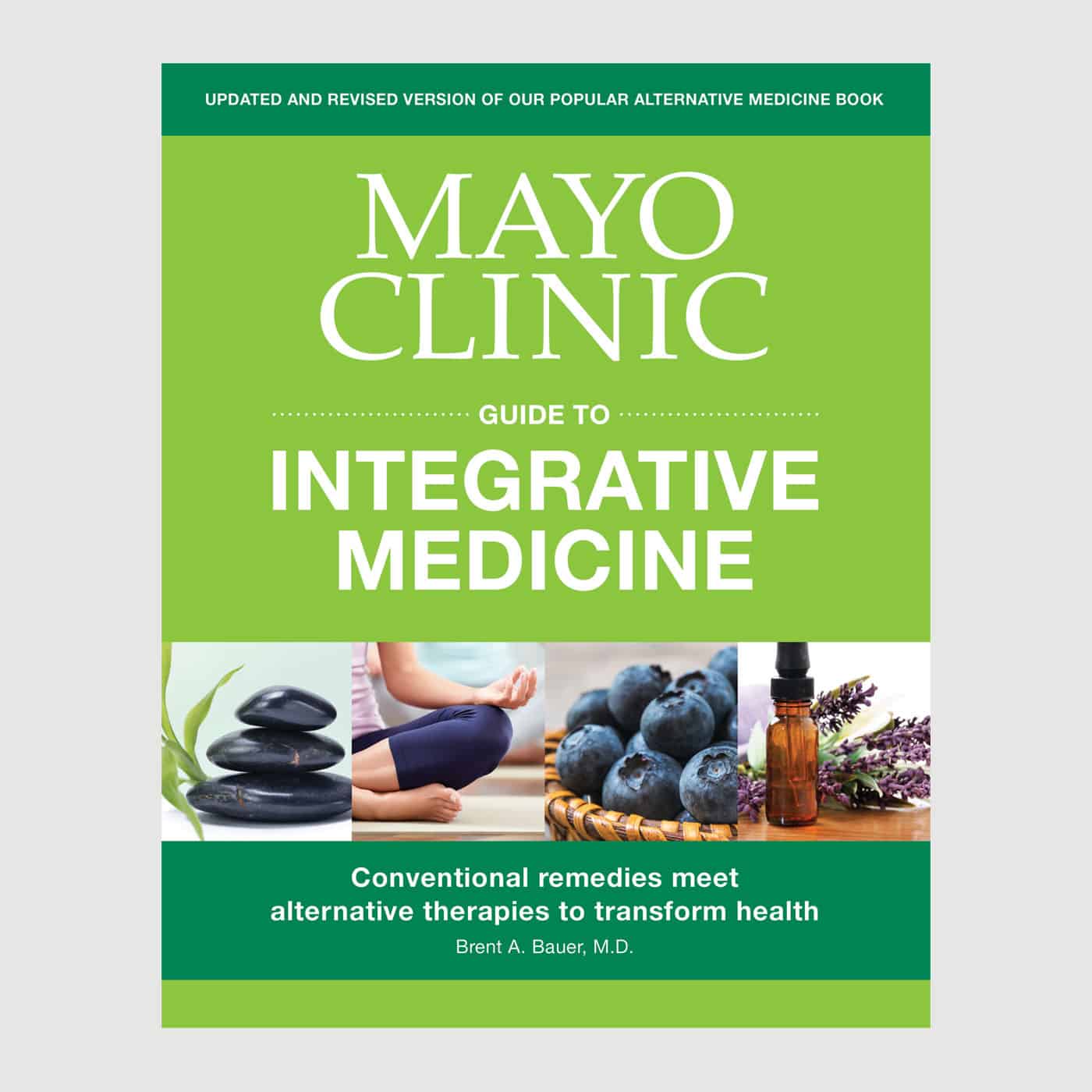
Relevant reading
Mayo Clinic Guide to Integrative Medicine
Once believed to be an alternative approach to patient care, integrative medicine has been shown by recent studies to be a valid option for improving chronic pain, fatigue, depression and anxiety, as well as overall wellness. In fact, 1 in 3 American adults uses integrative medicine. Whether utilized on its…

